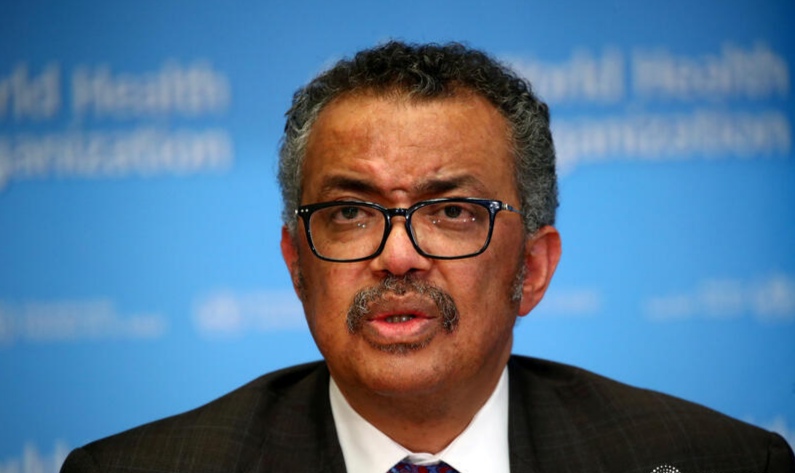Nigeria as well as other countries in the Sub-Saharan Africa have continued to suffer from poor access to safe drinking water, sanitation facilities
The development according to the World Health Organisation has led to the spread of diseases in the region.
Advertisement
According to the World Health Organisation latest report, only 54 percent of people in the region have access to safe drinking water.
The report lamented the inequalities in the region, adding that this had made many families vulnerable.
It stated, “To achieve universal access to safely managed drinking water by 2030, the current rate of progress in the least developed countries would need to increase ten-fold.
“Sub-Saharan Africa is experiencing the slowest rate of progress in the world. Only 54 per cent of people used safe drinking water, and only 25 per cent in fragile contexts.”
Advertisement
It stressed on the need for international agencies, governments, civil society and the private sector to prioritize Water, Sanitation and Hygiene (WASH) coverage at the highest levels of decision making.
The report said if the current trends persist, billions of children and families will be left vulnerable by 2030.
“Billions of people around the world will be unable to access safely managed household drinking water, sanitation and hygiene services in 2030 unless the rate of progress quadruples,” it stated.
The Director-General of WHO, Tedros Adhanom Ghebreyesus, in his comment said that it has become important for nations to prioritize their investment in water, sanitation and hygiene.
“Handwashing is one of the most effective ways to prevent the spread of COVID-19 and other infectious diseases, yet millions of people across the world lack access to a reliable, safe supply of water.
Advertisement
“Investment in water, sanitation and hygiene must be a global priority if we are to end this pandemic and build more resilient health systems,” he said.
Also, the Executive Director of the United Nations Children Fund, UNICEF, Henrietta Fore noted that even before the pandemic, millions of children and families were suffering without clean water, safe sanitation, and a place to wash their hands.
She said, “Despite our impressive progress to date to scale-up these lifesaving services, the alarming and growing needs continue to outstrip our ability to respond.
“The time has come to dramatically accelerate our efforts to provide every child and family with the most basic needs for their health and well-being, including fighting off infectious diseases like COVID-19.”



